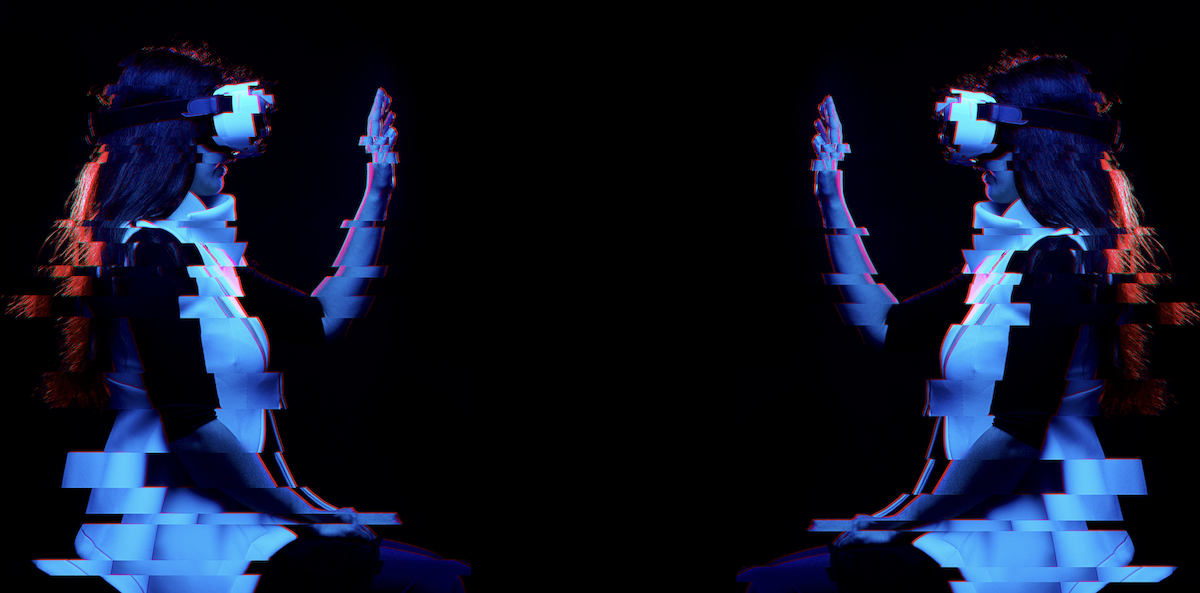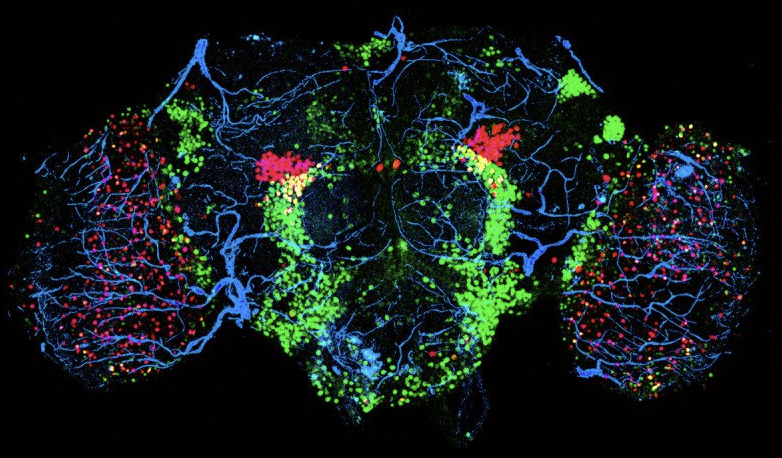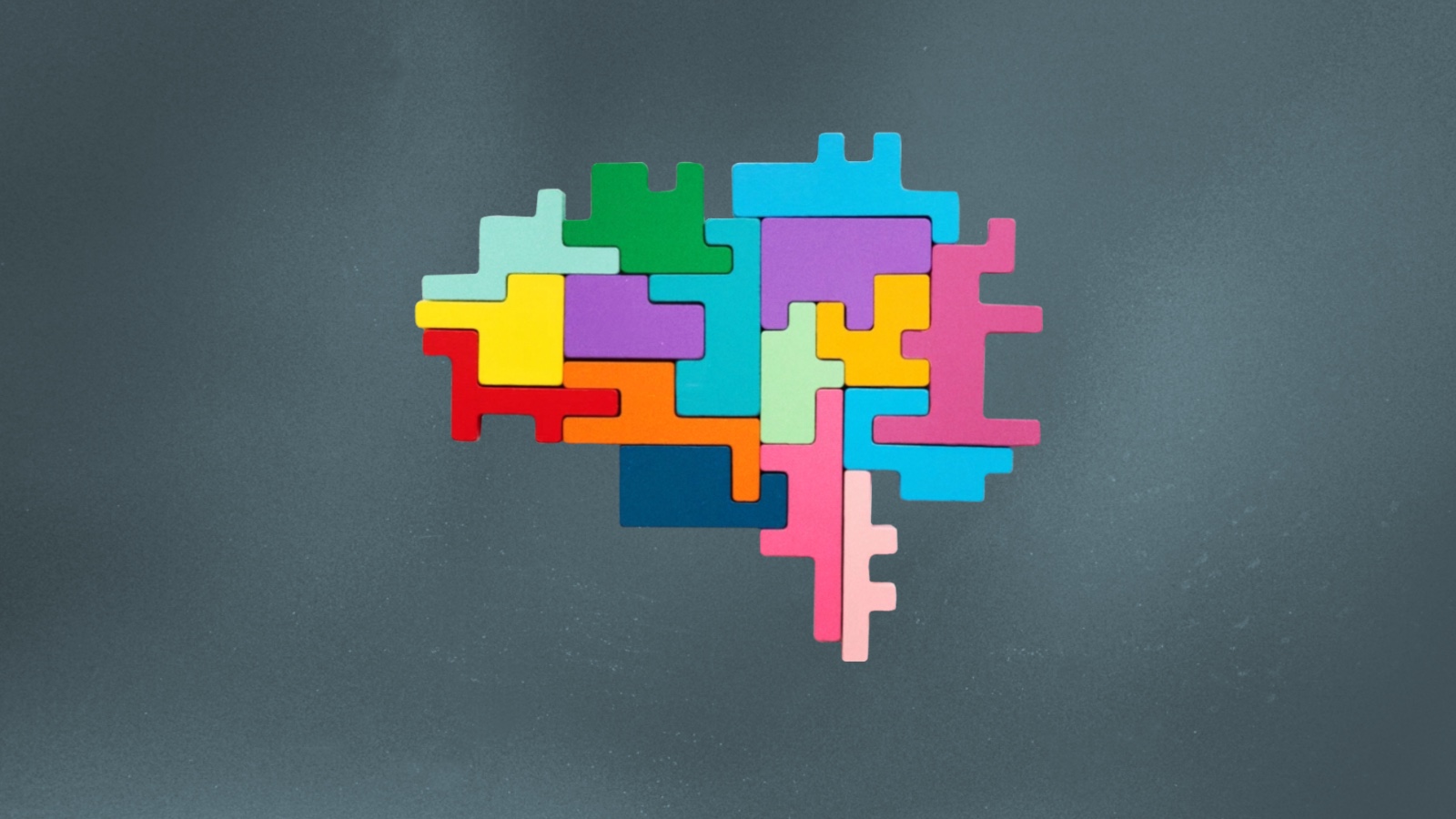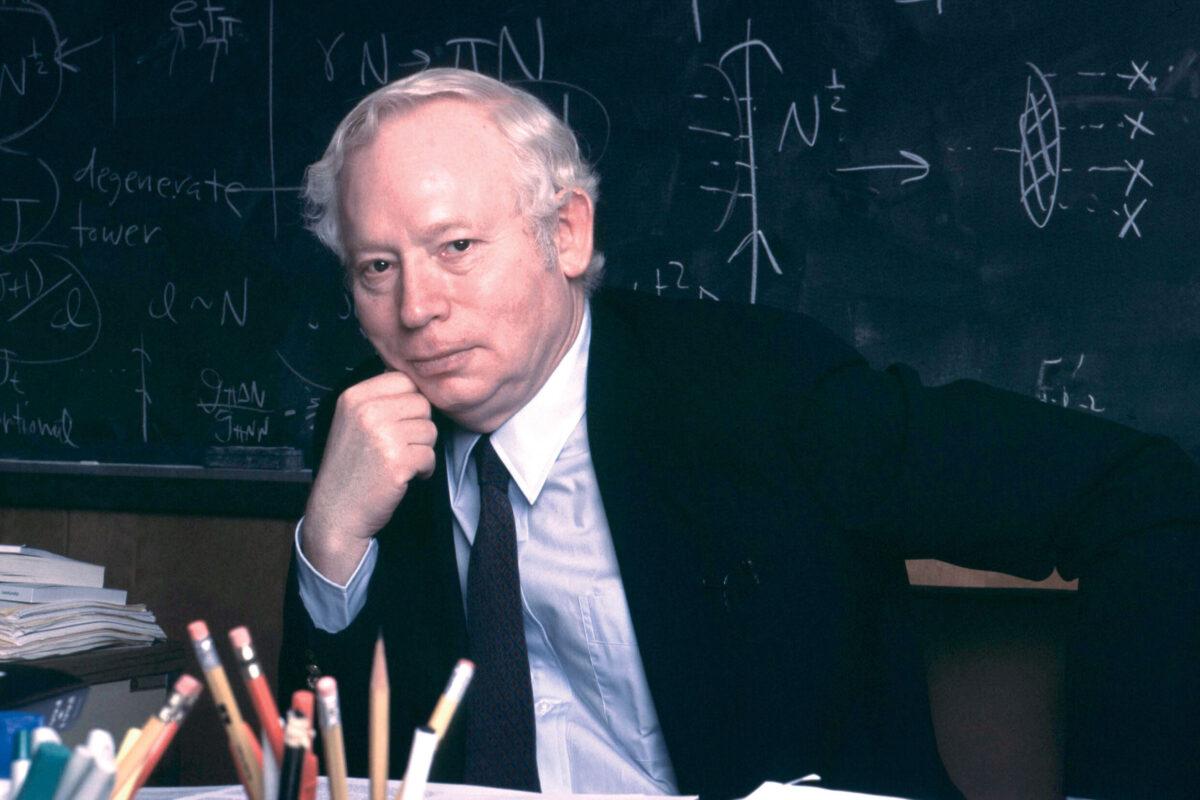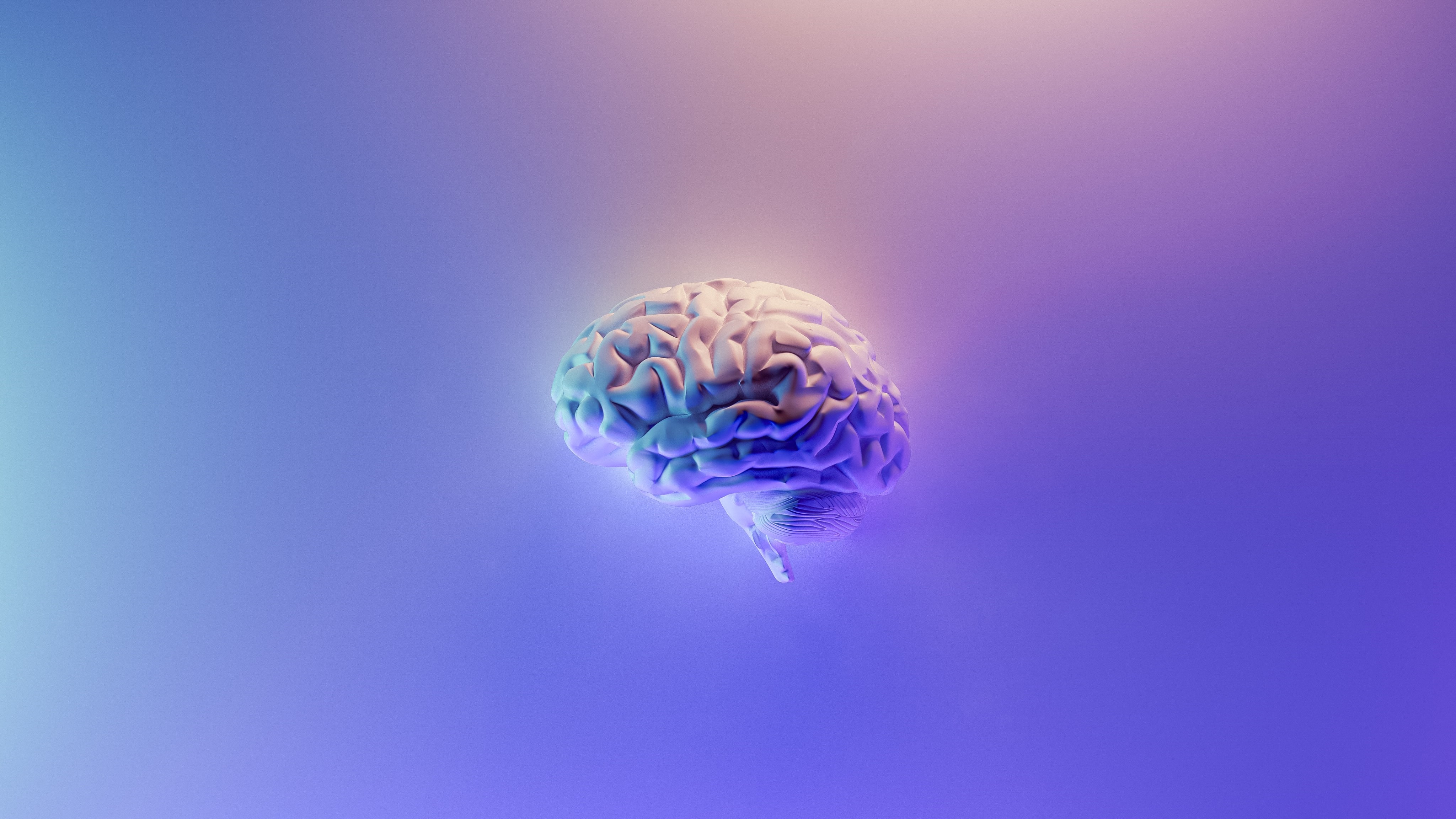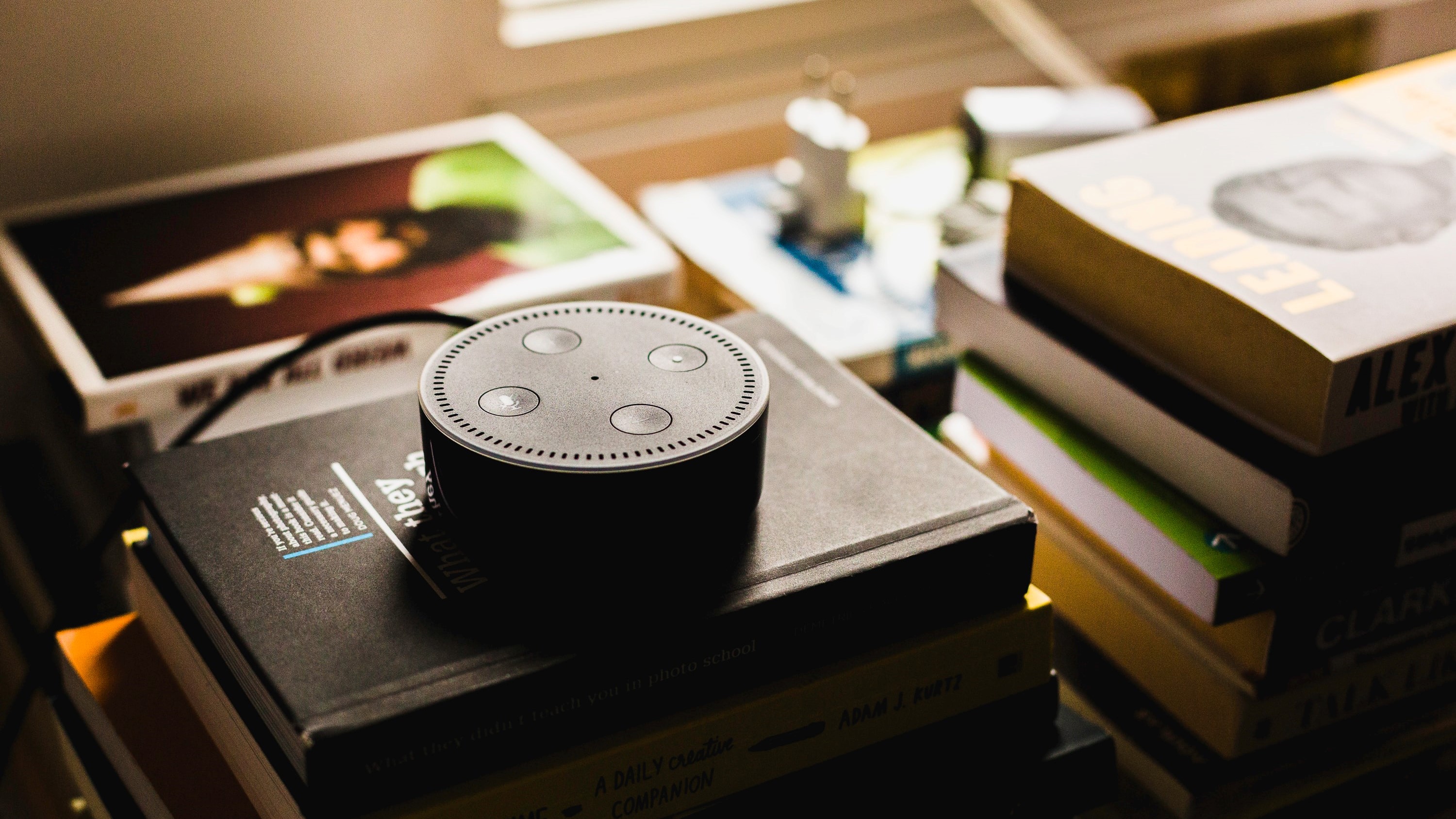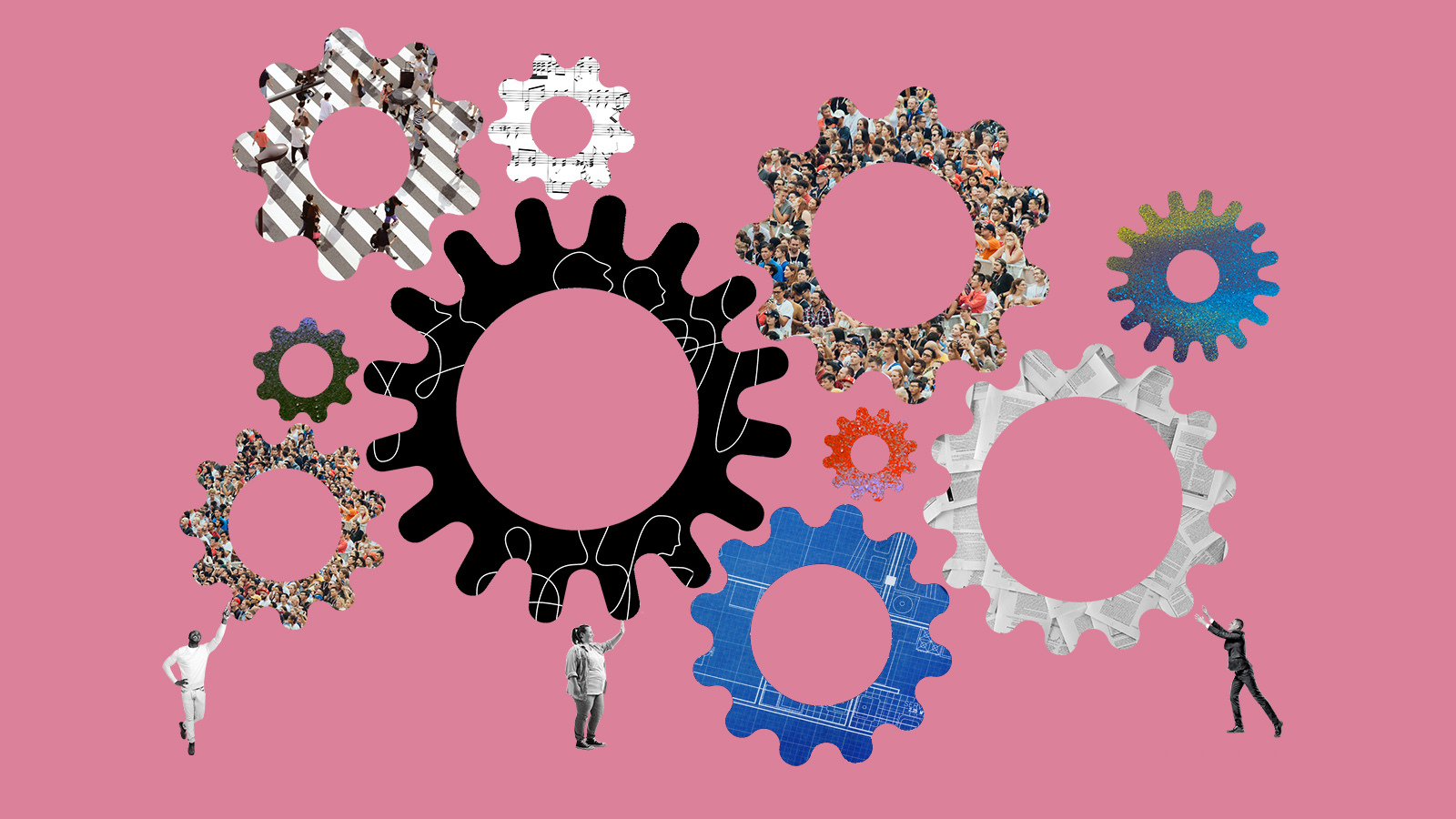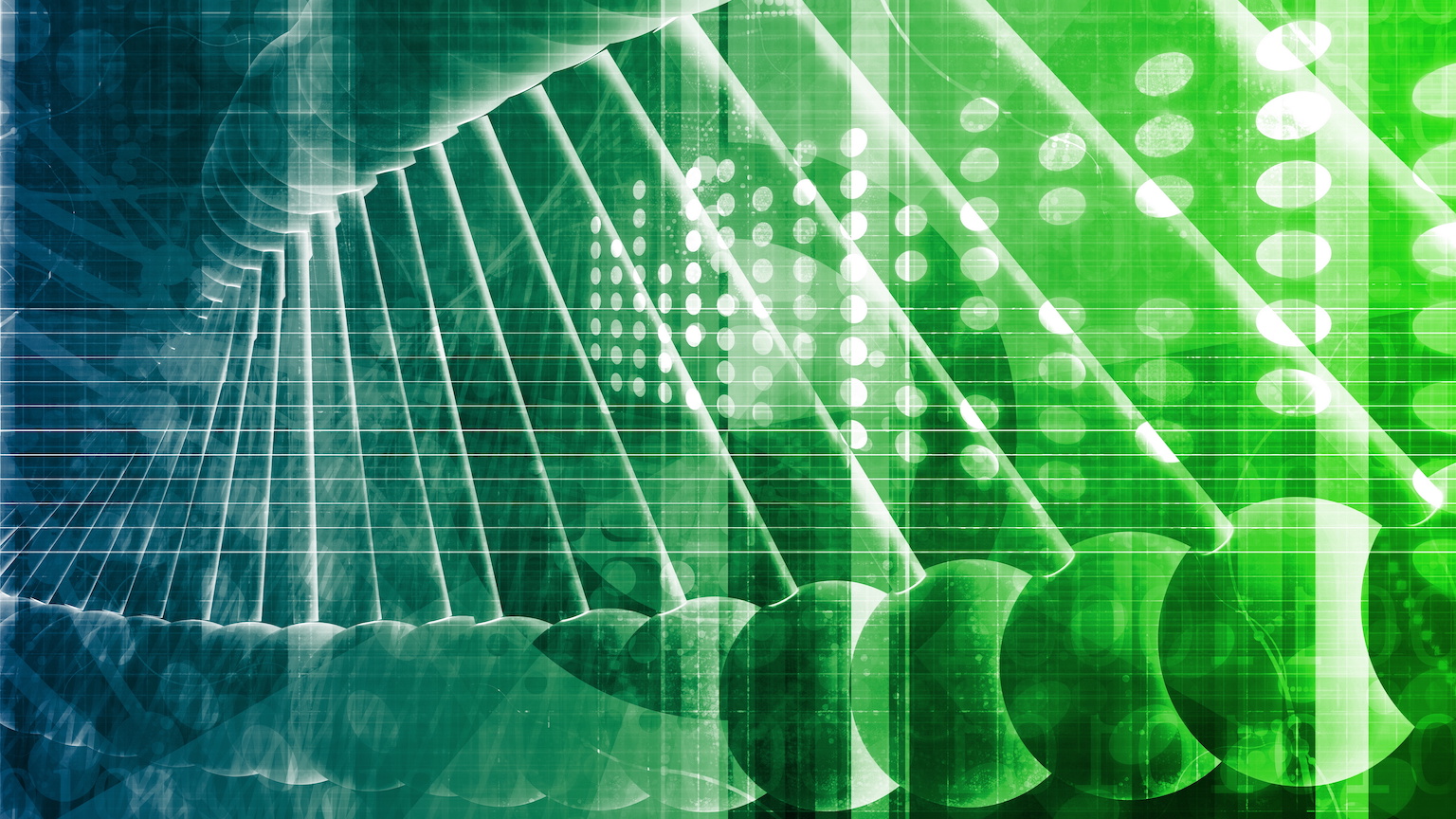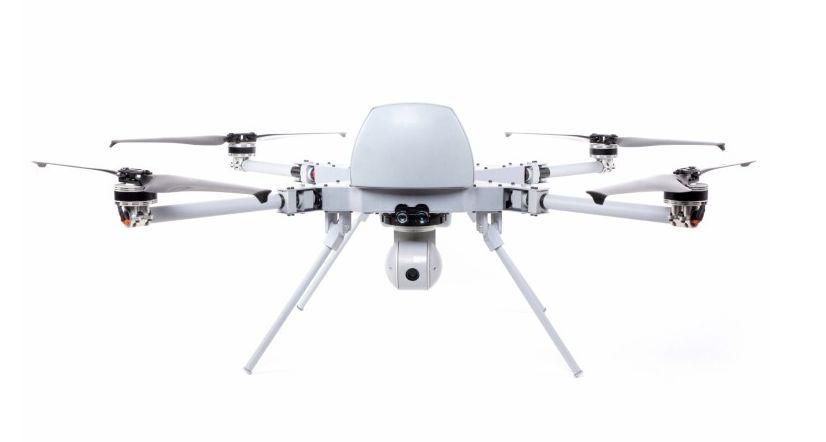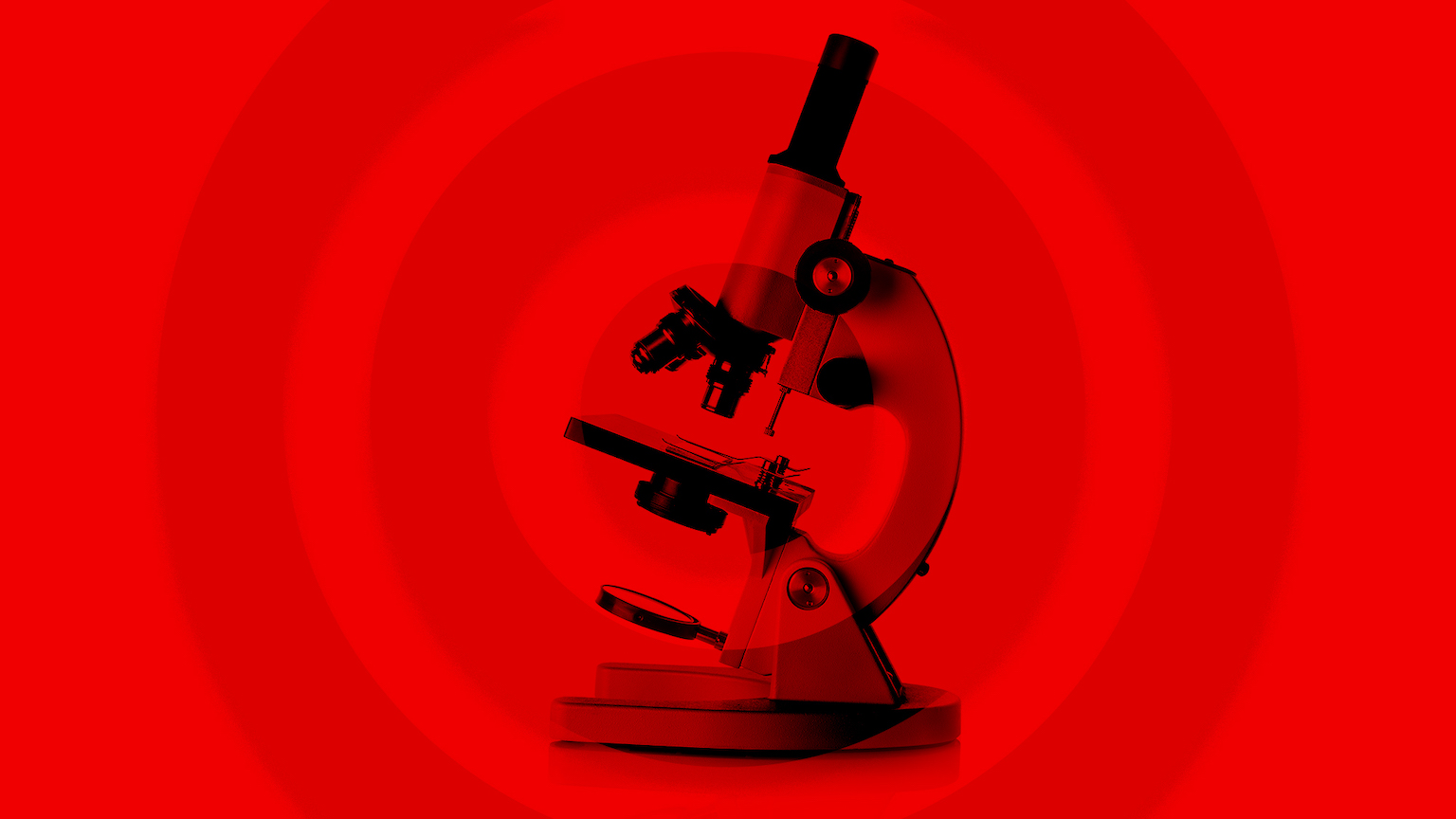The metaverse may leave us perpetually unsure whether the people we encounter are authentic or high-quality fakes.
Search Results
You searched for: Computers
Revolutionary techniques for understanding brain functions in animals could soon help us understand how emotions guide our lives.
Solving difficult visual puzzles seems to help the brain “rewire” itself by forming new neural pathways.
As important as his Nobel Prize-winning technical accomplishments was his ability to communicate to the public.
Using image analysis tools developed for astronomy, researchers are predicting cancer therapy responses.
New research suggests they may be in the connections between your brain cells.
It took a series of ingenious experiments in the 20th century to uncover some of our biggest cognitive biases.
The more social behaviors a voice-user interface exhibits, the more likely people are to trust it, engage with it, and consider it to be competent.
Soft skills training can help develop transformation-ready employees and equip entire organizations to adapt to an unpredictable future.
Scientific pluralism is the notion that some questions must be approached from many angles. How can we integrate these scientific models?
Can we ever make energy efficient AI?
Employees are quitting at record rates – a trend that shows no signs of stopping.
Hybrid working, robot fast food workers, and the rapid acceleration of NFTs are just the beginning.
Today, we could use Big Data to radically reform democracy. Tomorrow, we could build nanofabricators and usher in an era of abundance. Is society ready?
The strangest thing about trying to predict the future is that our only clues lie in the past.
It is time to give the Russian cosmologist the credit he deserves.
Many atheists think of themselves as intellectually gifted individuals, guiding humanity on the path of reason. Scientific data shows otherwise.
A physicist creates an AI algorithm that predicts natural events and may prove the simulation hypothesis.
A future kitchen appliance could make it possible to 3D-print entirely new recipes and cook them with lasers.
It’s that time of year when the hours of meticulous wrapping of Christmas toys are viciously undone in seconds by tiny children.
It uses radio waves to pinpoint items, even when they’re hidden from view.
Using machine-learning technology, the genealogy company My Heritage enables users to animate static images of their relatives.
A study looks at how to use nuclear detonations to prevent asteroids from hitting Earth.
A brief passage from a recent UN report describes what could be the first-known case of an autonomous weapon, powered by artificial intelligence, killing in the battlefield.
A new study used functional near-infrared spectroscopy (fNIRS) to measure brain activity as inexperienced and experienced soccer players took penalty kicks.
New studies stretch the boundaries of physics, achieving quantum entanglement in larger systems.
There are so many problems, all across planet Earth, that harm and threaten humanity. Why invest in researching the Universe?
Done properly, peer review requires that journals fulfill their role as knowledge custodians, rather than being mere knowledge distributors.
“To be ignorant of causes is to be frustrated in action.” So wrote Francis Bacon, counsel to Queen Elizabeth I of England and key architect of the scientific method. In […]
If you want to understand what the Universe is, how it began, evolved, and will eventually end, astrophysics is the only way to go.
